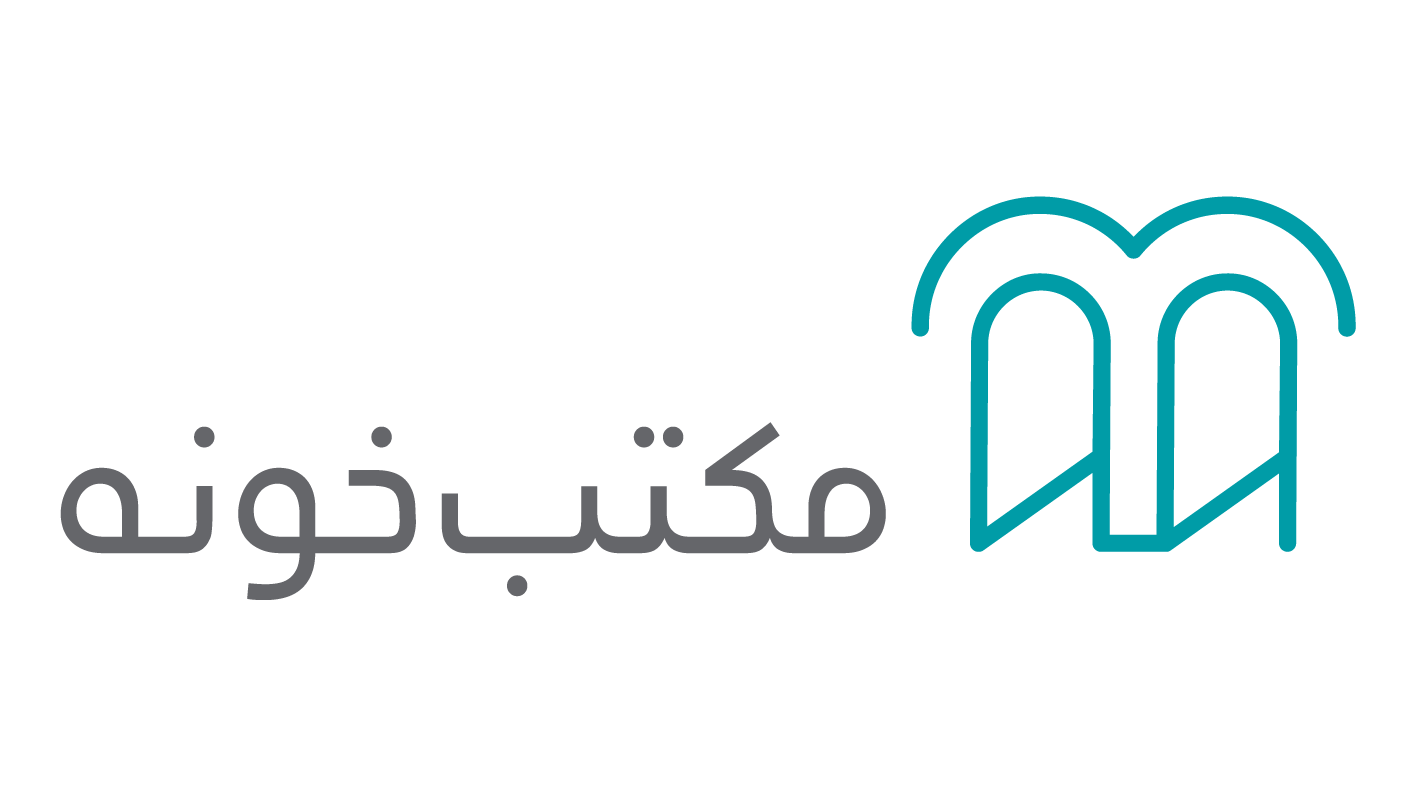[MUSIC] Where am I? What's going on? What is this? I don't seem to know anything. >> Well, that's a shame. I bet I can help you. >> What's that supposed to mean? >> I just mean that, you know, if you knew something you could
probably get out of here just fine. Reading is power, don't you know? >> I guess I don't know. Who are you? >> I'm a teacher. So, you wanted to know where you are. And let me guess,
you can't even read this simple sign? >> No, I guess I can't. You know, you're pretty good at guessing. >> [LAUGH] Most good readers are. Here's another guess,
you aren't completely unable to read. I bet there are some
things that you know and there are some things that you could do. >> Like what? >> Well for starters silly, listen to me. [LAUGH] Let's get to work right away. Now, reading is a simple thing. [SOUND] While reading was once viewed
in the past as either a top down or bottom up process,
we now think reading comprehension results from interactive
variables that operate simultaneously rather than sequentially. Got it? >> Maybe I should get off this pole and
take a seat. >> [SOUND] Hm,
maybe we should start again. Perhaps we should start
from the very beginning. A very good place to start. >> Wrong movie. >> Anyway,
do you have automatic recognition skills? >> You mean, do I understand what I see? Hm, not much,
I think that sound is an O and that Z sound is like a bee buzzing. >> Yes, very good and that is a start. This sound does make an O,
especially when followed by other vowels, such as A or U, like boat or though. Or when followed by a consonant and
an E, such as tote or mote. But it also has a short sound. Usually when followed by a consonant. >> Short sound. And is Z a consonant? >> Yes, great job. >> Then the sound is Oz. >> Yes, very good. I'll make sure you recognize all of
the sounds consonants and vowels make. But let me ask you a few more questions. Do you have any vocabulary and
structural knowledge? >> Hm, I guess I don't have that either. How many words do I need to know? >> Let's start small. About 85% of all communication is
done with as little as 2,000 words. >> 2,000 words? Is that a little? >> [LAUGH] Compared to the more than
60,000 words a college professor might know. And don't worry,
we'll get there eventually. In fact, in the back of this book, there's some vocabulary builders called
word lists that we'll want to look at. Now, how about your formal
discourse structural knowledge? >> Say what? >> [LAUGH] Do you know, eh, the difference
between the different kinds of genres. For example, the difference between
an essay, a letter, an email, or a text? >> The difference between,
I guess I know a little. I mean a text is short. You can use emoticons. Is that important? >> Well, for good reading, sometimes
you need to know the common tropes, the common collocations,
transitions, all of that. >> No, I don't know all of that. I don't even know what tropes and
collocations mean. >> Well, it's just the rules of the game. So much good reading comes
from knowing these rules so that you could predict what's coming up. Let me think of an example
of how to predict. Do you have any world
background knowledge? Okay, let me make this easier. Like if I said, crows are,
you might finish the sentence by saying? >> Pesky corn eating robbers. >> Perfect. So you do have some world knowledge and that can help you as you read to
know what is likely coming up next. If a reading said something like, the
different kinds of energy, for example. You might immediately think of fossil
fuels, solar energy, nuclear, and? >> Wind? >> Exactly. That is the strategy of prediction. And prediction comes from both world and
discourse knowledge. You know, that isn't the only kind of
strategy I want you to think about. There are many different
important reading strategies. >> You mean like reading from
left to right or from up to down? >> Sort of. >> How about like moving
your finger across the page? I can totally do that. >> I guess that's a strategy. But there are even more strategies to
think about, such as the ability to read and then compare that information
from multiple sources. To think critically as you read. And here is a big strategy,
to ask questions. >> Asking questions is a strategy? >> Scarecrow, you've been asking
me questions this whole time. Don't you see how that has helped
you have a discussion with me? Those questions of yours can lead you
down a path to some amazing discoveries. They can get you thinking and can definitely help you to look for
answers in your reading. I think you're going to
be a fabulous reader. >> How about that? Asking questions is a strategy. I didn't even know. I thought I was just being,
can I see your book for a second? Obtuse, obdurate, imperceptive,
dull-witted, doltish. >> Not at all, you are well on your way. We'll be reading this sign in no time. You want to come along? >> I sure do. Thanks, Dorothy. [MUSIC]
